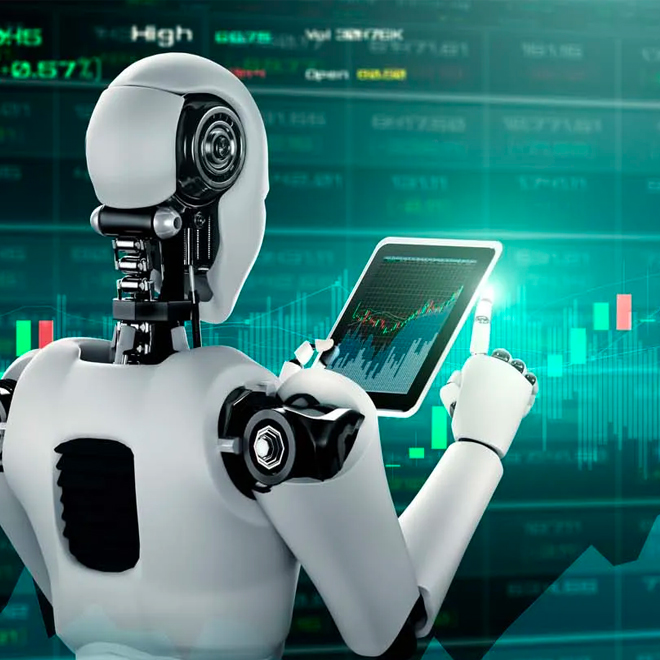Revolutionizing Tax Systems: The Challenge of Agentic AI in Modern Taxation
The emergence of Agentic Artificial Intelligence (AAI) is fundamentally reshaping our understanding of taxation and economic value creation. This comprehensive analysis explores how autonomous AI systems are challenging traditional tax frameworks and forcing a rethinking of fundamental concepts in taxation.
Understanding Agentic AI
Agentic AI represents a significant evolution from traditional AI systems, characterized by four key capabilities: – Autonomous Reasoning: Independent interpretation and optimization of complex objectives – Real-time Adaptability: Dynamic response to changing conditions – Multistep Task Execution: Management of entire workflows – Collaborative Orchestration: Synergistic operation without direct human oversight
According to Gartner, by 2028, one-third of enterprise software solutions will incorporate agentic AI, with 15% of day-to-day decisions being made autonomously. IBM research indicates executives anticipate an eightfold surge in AI-enabled workflows by 2025, with 70% viewing AAI as crucial for their organization’s future.
Economic Impact and Value Creation
The economic implications of AAI are substantial: – PricewaterhouseCoopers projects a 14% increase in global GDP (US$7 trillion) by 2030 – McKinsey Global Institute forecasts US$13 trillion in additional economic output by 2030 – Companies like Microsoft, Google, and Amazon are already implementing AAI while reducing human workforce
Key Challenges for Tax Systems
1. Legal Personhood and Liability – Current systems don’t recognize AI as legal persons – Attribution of liability becomes complex with autonomous decision-making – Cases like McEvens v. Citibank highlight challenges in determining responsibility
2. Income Classification and Tax Base – Traditional distinctions between labor and capital income blur – AI-generated value creates new categories of economic activity – By 2028, 24% of music sector revenues and 21% of audiovisual sector revenues may shift from human creators to AI
3. International Taxation Issues – Geographic-based concepts like permanent establishment become problematic – Transfer pricing complexity increases with AI-driven value chains – Traditional nexus rules struggle with borderless AI operations
Proposed Solutions and Policy Responses
1. New Tax Models – Robot tax proposals to address workforce displacement – Data taxation frameworks – AI-specific corporate taxation models
2. International Initiatives – OECD’s Two-Pillar Solution addressing digital economy – UN Model Tax Convention’s Article 12B on automated digital services – Need for harmonized international approaches
3. Governance Frameworks – Enhanced transparency requirements – Robust human oversight mechanisms – Clear accountability structures
The future of taxation in an AI-driven economy requires fundamental reforms that balance innovation with fair revenue collection while ensuring accountability and transparency. As AAI continues to evolve, tax systems must adapt to capture economic value creation in new ways while maintaining principles of fairness and efficiency.







Leave a Comment